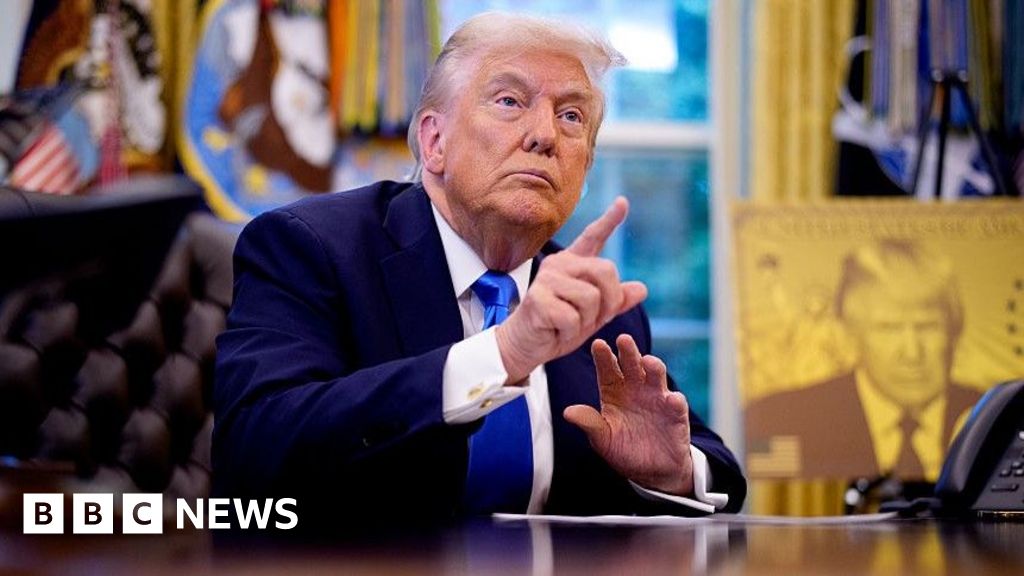By Juliet Etefe
Copyright thebftonline

By Kofi Asmah, Esq.
Kofi Asmah Esq, lawyer for Indian Businessman, Mr. Amar Deep Singh Hari, has called on the Ministry of Interior to overhaul the procedure for conducting security checks to ensure that only qualified applicants are naturalized as Ghanaians and granted passports.
Mr. Hari has been wrongfully accused of unfounded claims of theft, fraud, or improper business practices in relation to Gold Crest Refinery Limited as part of a smear campaign by another shareholder in the business, Ms. Niharika Handa, whose own track record is riddled with allegations of criminality, dishonesty, and grave misconduct.
Accordingly he has petitioned the Criminal Investigations Department of the Ghana Police Service to investigate the conduct of Ms. Niharika Handa, Mr. Punar Vasu Handa, and Mr. Pulkit Arora – former CFO of Gold Crest.
These individuals, together with accomplices (including former employees), are under investigation for Identity concealment and fugitive status, Fraudulent acquisition of Ghanaian citizenship, Falsification of accounts and corporate documents, Misappropriation of funds and assets and Stealing and money laundering.
Ms. Handa is the subject of 14 non-bailable arrest warrants issued by the New Delhi District Court, India (Criminal Revision No. 198/21). She fled India to evade justice and fraudulently concealed this fact during her naturalization in Ghana.
In 2017, an Anas Aremeyaw Anas exposé (“Passport Scandal”) revealed that officials in Ghana’s passport office were issuing passports to non-citizens using fake identities. Some passports bore names of powerful public officials to show how corruptible the system was. That led to the fast‐track introduction of biometric passports.
In December 2024, a Modern Ghana feature reported that foreign nationals from various African countries are allegedly obtaining Ghanaian passports by bribery, identity theft or other fraudulent means. Some of these individuals are then implicated in human trafficking, smuggling or other illicit acts.
According to Constitutional Lawyer, Kofi Asmah, these stories are not isolated—they are symptoms of a system without proper guardrails.
Ghana’s citizenship laws, found in the 1992 Constitution and the Citizenship Act, 2000 (Act 591), were designed to create an orderly pathway for foreigners who meet residency requirements, demonstrate good character, and receive ministerial and presidential approval to become Ghanaians. On the surface, this appears reasonable. In practice, however, the system is dangerously porous and often exploited by those who have no genuine ties to Ghana.
The failings are glaring. The requirement that an applicant be of “good character” has become an empty phrase. In reality, it often translates into presenting a police report from the applicant’s home country, with little scrutiny as to whether that report is authentic or complete. In countries where corruption is rife, such reports are easily purchased.
In Kofi Asmah’s view, Ghana’s own naturalization process does not appear to use intelligence databases, biometric cross-checks, or modern analytics to verify the identity and background of applicants. Documents are accepted at face value, without thorough collaboration with trusted foreign authorities or independent verification. Oversight is weak, and even when fraud is detected after the fact, revocations of citizenship remain rare.
According to Kofi Asmah, countries have shown that the risks can be managed with seriousness. Canada and Australia subject applicants to thorough checks across global intelligence databases, financial intelligence networks, and immigration records. EU states are known to hire independent investigators to verify documents, and some countries revoke citizenship years later if evidence of fraud emerges. Ghana, by comparison, is relying on little more than paperwork and faith.
The Supreme Court itself has warned against this lax approach. In Republic v. High Court, Accra; Ex parte Aryeetey [2003-2004] SCGLR 398, the Court reminded us that citizenship is not simply symbolic; it is a matter of national security. That principle has not been reflected in our administration of naturalization.
What makes matters worse is the absence of transparency. Ghana does not publish data showing how many naturalization applications are received each year, how many are rejected, and on what grounds. This stands in sharp contrast to developed jurisdictions where between five and fifteen percent of applications are commonly denied due to criminal record flags or background discrepancies. The absence of reliable Ghanaian data is, in itself, a red flag. It suggests that there is little accountability in the system.
“If Ghana is to protect the integrity of its passport, we must rethink the approach. Intelligence agencies such as the National Intelligence Bureau and the Financial Intelligence Centre must be involved in screening applicants. Artificial intelligence and advanced analytics should be deployed to flag suspicious patterns in names, dates of birth, and travel histories”, Kofi Asmah noted. “Foreign police reports should no longer be accepted at face value; they must be verified independently through embassies, international partners, or trusted third-party investigators. The vague standard of “good character” must be clearly defined and published so that applicants and the public know what disqualifies a person from citizenship”.
Consideration should also be given to a probationary form of naturalization. Rather than granting citizenship outright, applicants could be given provisional status for a fixed period, during which deeper checks are conducted. If fraud is discovered, revocation should follow without hesitation and criminal action brought against perpetrators.
Kofi is a Member of the Ghana Bar Association & American Bar Association



